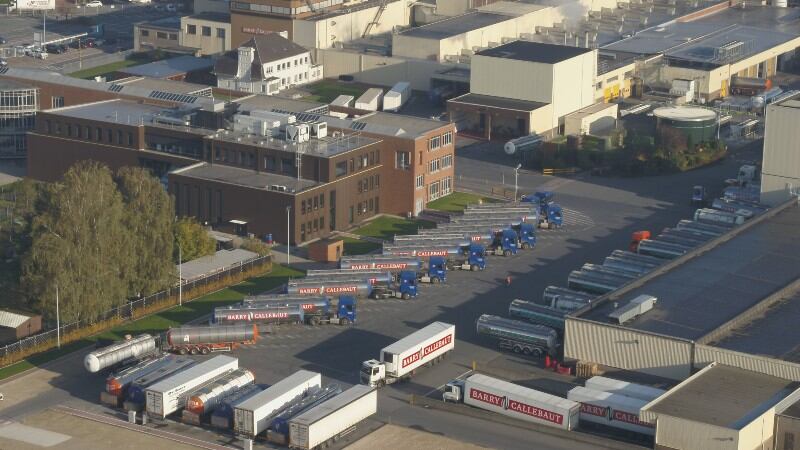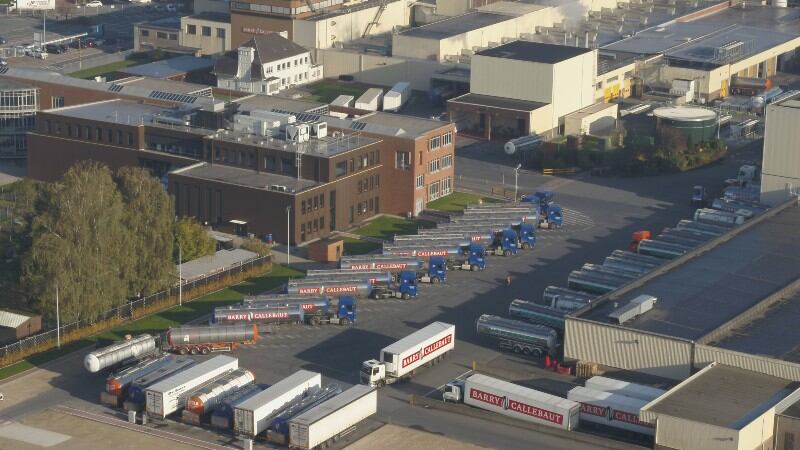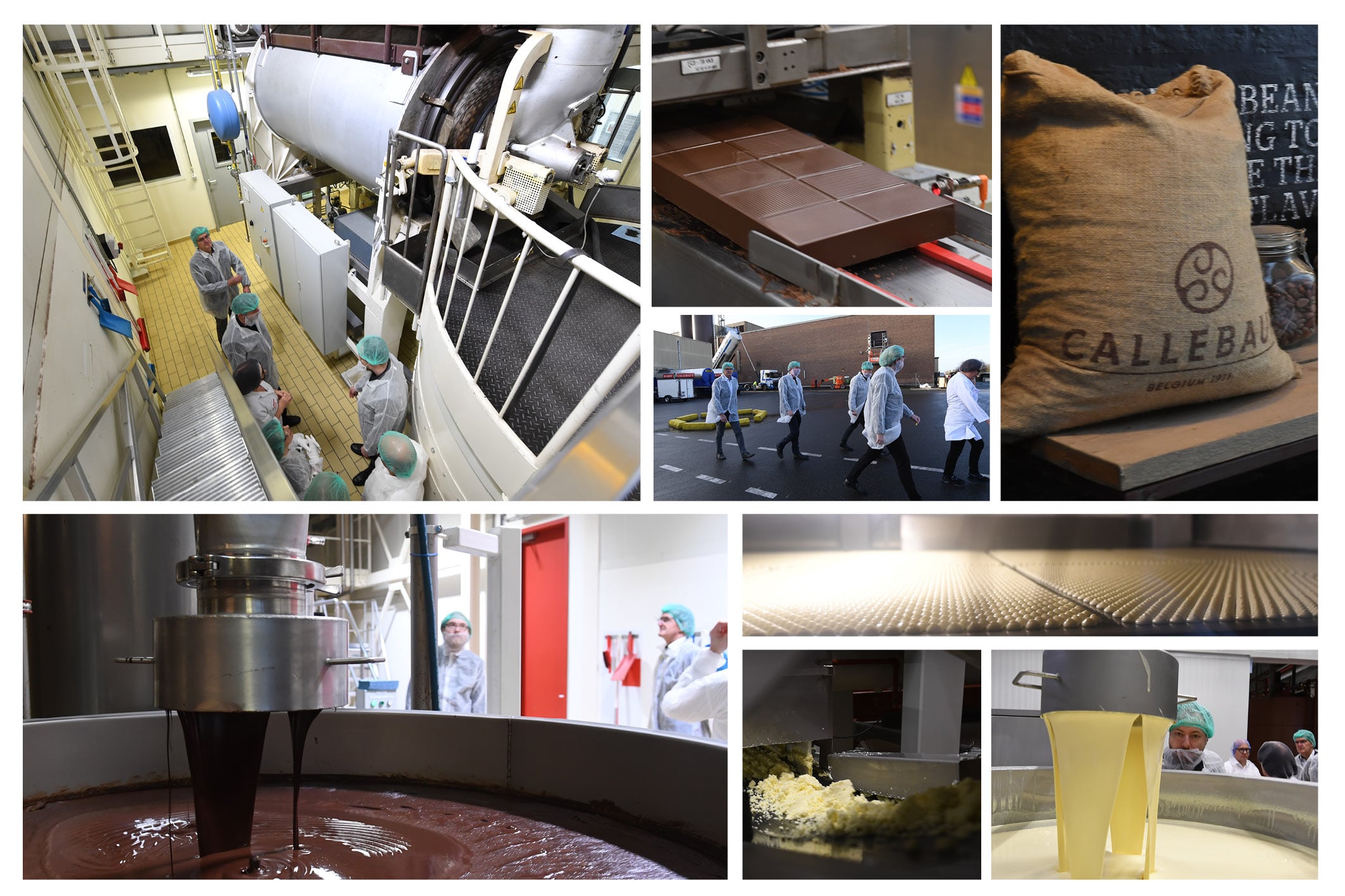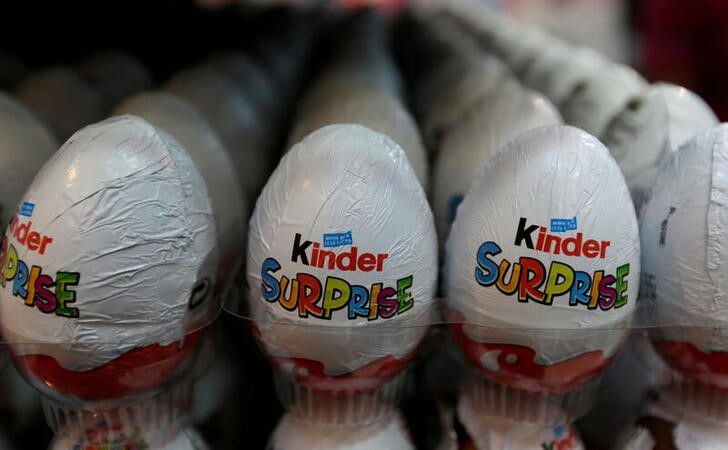An update from the Group’s headquarters in Zurich described the incident as “very exceptional” and said food safety is paramount.
Peter Boone, CEO of Barry Callebaut Group, said: “I would like to express my deepest gratitude to our customers for their understanding during this difficult period, and to all our employees who worked tirelessly for weeks to get the Wieze factory up and running again.”
Breakout background
Barry Callebaut detected a salmonella-positive chocolate production lot at its Belgium facility in Belgium on 27 June, 2022.
On June 29, 2022, a lecithin batch from a supplier was identified as the root cause and Barry Callebaut halted all chocolate production lines at the factory as a precautionary measure, which prevented affected chocolate products from entering the retail market.
Barry Callebaut duly and proactively informed the Belgian Food Safety Authorities (FAVV) and remained in continuous collaboration with them on this incident.
On 8 August, 2022, the first cleaned and disinfected production lines were reopened, marking an important milestone in this cleaning operation, unprecedented in scale for Barry Callebaut, as well as the successful conclusion of the first phase of its recovery plan. In the ensuing weeks, the Wieze factory continued to gradually ramp up to normal capacity. The cleaning procedure was a very time-consuming process, which had to be strictly followed in order to ensure food safety and the safety of our employees.
In the updated statement, the Group said not only does Barry Callebaut have a Food Safety charter and procedure in place, but also over 230 colleagues working on food safety and quality in Europe and over 650 worldwide. At the site in Wieze, employees are trained to recognize food safety risks. This allowed the teams to quickly identify the risk, complete the root cause analysis and start the cleaning process.
Ferrero salmonella outbreak
In April this year, Ferrero was forced to recall products after a salmonella outbreak at its Belgian chocolate factory in Arlon, which was shut down until a deep clean was carried out before being allowed to open again in June by the Belgium food safety authority (AFSCA).




